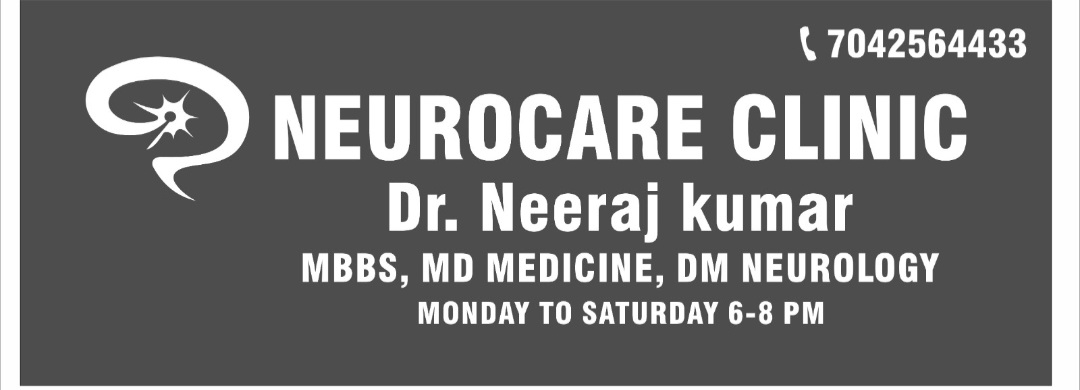Epilepsy

Epilepsy is a chronic neurological disorder characterized by recurrent, unprovoked seizures. These seizures are caused by sudden, abnormal electrical activity in the brain. Epilepsy can affect people of all ages and backgrounds, and the severity and type of seizures can vary widely from person to person.
Types of Seizures
Focal Seizures: Also known as partial seizures, these occur in just one part of the brain. Symptoms can range from subtle changes in sensory perception to more noticeable motor or behavioral changes. Focal seizures can be further classified into focal aware seizures (where the person remains conscious) and focal impaired awareness seizures (where consciousness is altered).
Generalized Seizures: These involve both sides of the brain and can cause a loss of consciousness. There are several types of generalized seizures, including:
- Absence Seizures: Brief episodes of staring or loss of awareness, often mistaken for daydreaming.
- Tonic-Clonic Seizures: Characterized by sudden muscle stiffness (tonic phase) followed by rhythmic muscle contractions (clonic phase).
- Atonic Seizures: Sudden loss of muscle tone, leading to falls.
- Myoclonic Seizures: Sudden, brief jerks or twitches of muscles.
Causes and Risk Factors
Epilepsy can be caused by various factors, including genetic predisposition, head injuries, brain infections, stroke, or developmental disorders. In some cases, the exact cause of epilepsy remains unknown. Risk factors include family history of epilepsy, age (young children and older adults are more at risk), and conditions that affect the brain.
Diagnosis and Treatment
Epilepsy is diagnosed through a combination of medical history, neurological exams, and tests such as electroencephalogram (EEG) and brain imaging (MRI or CT scans). Treatment typically involves anti-seizure medications, which help control seizures in most people. In some cases, surgery, dietary therapy (such as the ketogenic diet), or implantable devices may be recommended when medications are not effective.
Living with Epilepsy
With proper treatment, many people with epilepsy can lead full and active lives. However, managing epilepsy often requires lifestyle adjustments and regular medical care. Education about seizure triggers, safety precautions, and adherence to prescribed treatments is essential for effective management of the condition.
Importance of Awareness and Support
Raising awareness about epilepsy helps reduce stigma and provides better support for those living with the condition. Support networks, including healthcare providers, family, and epilepsy organizations, play a crucial role in helping individuals manage their epilepsy and improve their quality of life.

